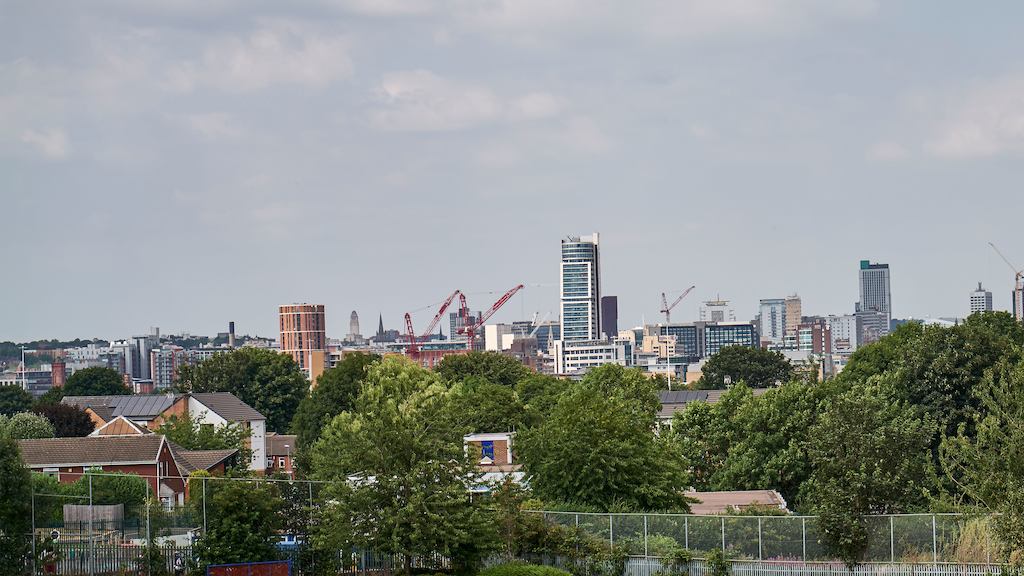Leeds Older People’s Forum (LOPF) were involved in the development of the service alongside colleagues at LCC. The role of Time to Shine has been to pull together, and co-ordinate and implement an enormous virtual training programme for the 300 (and counting!) volunteers who have come forward. They range from people who are furloughed to full time workers. Many are also juggling caring responsibilities and other commitments but are all people who feel they can spare a few minutes of their days.
Our training ensures that volunteers are confident to begin making phone calls to people who are stuck at home and feeling in need of a friendly ear to help them through the week. It covers a range of questions like ‘How are you?’, ‘I know nothing about that, tell me how it works?’, and ‘Can you hear the birds singing in your garden?’ to what you should do in the event of a difficult conversation, for example if people are sad, or worried, or have problems getting food.
One of the few positives of COVID-19 has been the opportunity to work quickly to develop responsive services across different sectors and build on the strengths and expertise of others. Despite this backdrop of uncertainty and anxiety all staff involved in the development and implementation of this service have risen to the challenge.
Everyone is working outside of their comfort zone to try to develop something positive in this time of crisis. We know that RU OK? won’t fully replace the need for social connection or alleviate all feelings of loneliness and distress, but we will do our best to ensure people who are isolated do not feel alone during this crisis.
